In our kitchen showroom we are often asked if Quartz or Granite worktops are better. This blog will show you the advantages and disadvantages of Quartz and Granite so, you can then decide which option would be best for your kitchen.
Quartz – What is it?
Quartz worktops are made by mixing the natural mineral quartz with various resins, polymers & pigments. The resin binds all of these particles together, which then hardens and makes the material durable, dense, and strong.
Pigments and even small amounts of glass and metallic flecks can also be added to create patterns and designs, within the quartz. Subsequently there is a huge variety of quartz on the market in a range of colours and designs.
Below: Images of Quartz Slabs from CRL Stone
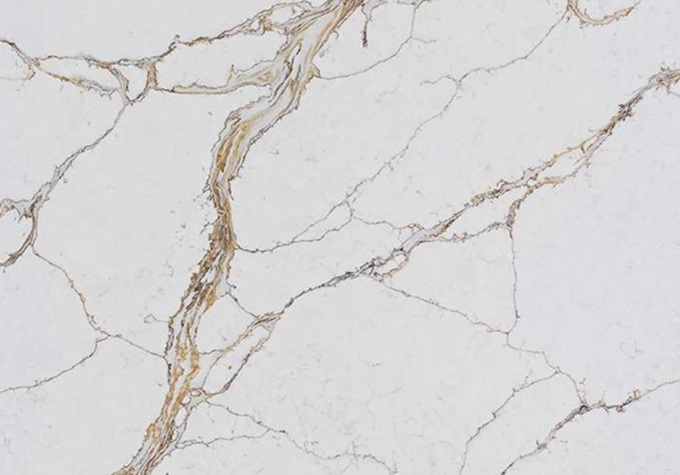
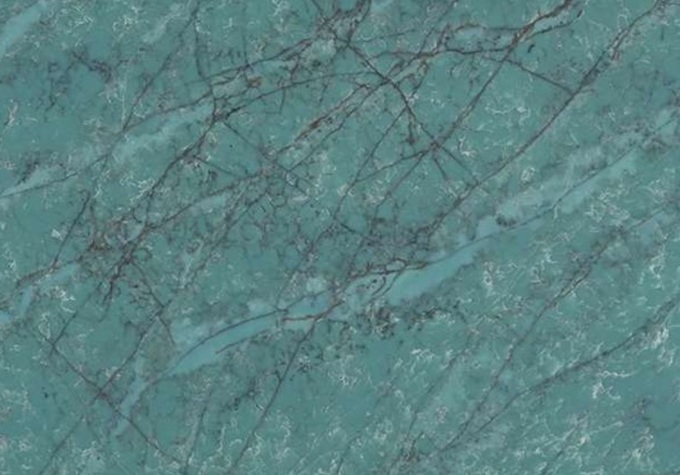
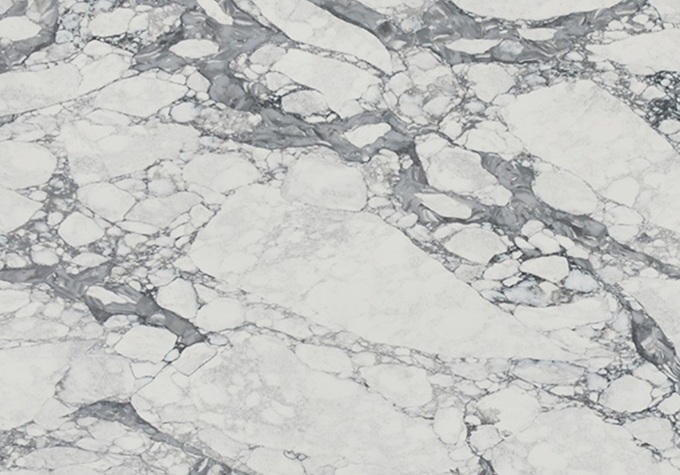
The advantages & disadvantages of Quartz
As well as the huge variety of quartz, another advantage is that it is a non-porous material. Therefore quartz is more resistant to staining and harbouring bacteria. This gives protection to you and your family and also makes cleaning the worktop easier. As Quartz is non-porous it does not need to be sealed, eliminating ongoing maintenance.
Quartz is also resistant to heat, impact and scratches.
As Quartz is a man-made product consisting of natural elements, there is less variation and slabs of the same design will look identical. This could also be seen as a disadvantage if you want a unique worktop for your kitchen.
Granite – What is it?
Granite is formed in the ground by the fusion of 3 natural minerals: Feldspar, Quartz & Mica. These minerals occur in different proportions and it is this that gives each slab of granite its own colour, texture and unique characteristics. Granite is a naturally hard material, that is
cut in its natural state. It is then polished for use in homes.
Below: Images of Granite Slabs from Sensa by Cosentino
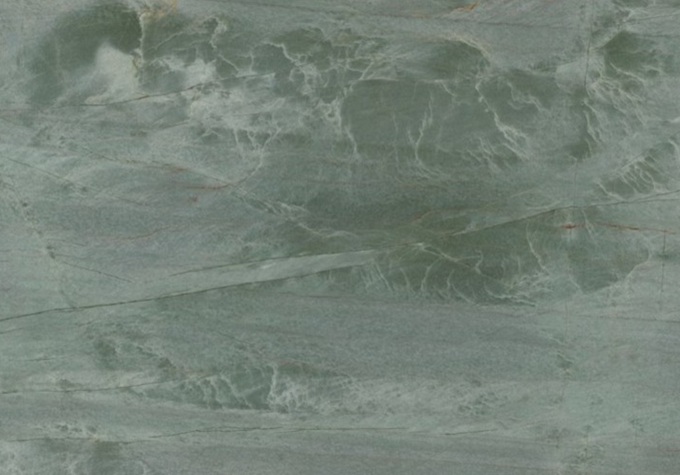
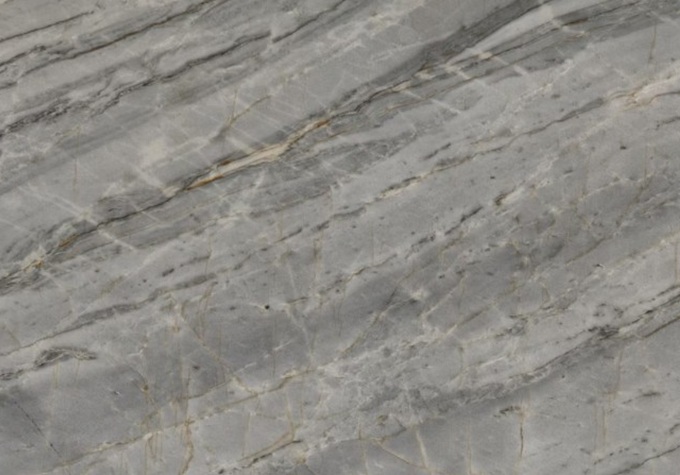
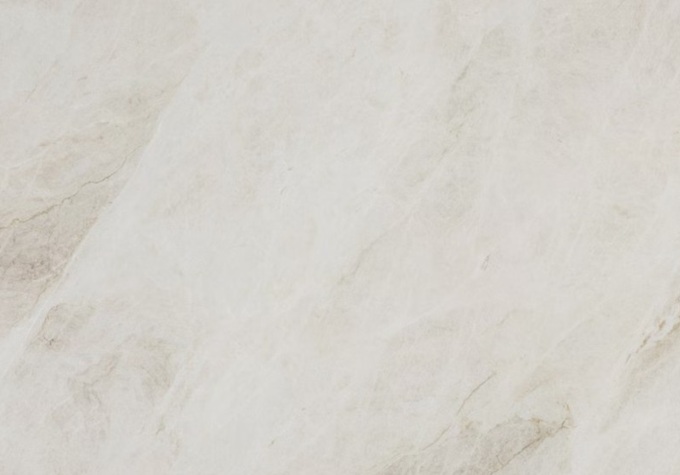
The advantages & disadvantages of Granite
Granite is the hardest entirely natural material used for worktops. This means it is heat and scratch resistant, although trivets and chopping boards are encouraged.
The natural properties of granite mean that it is porous material and requires sealing. Sensa by Cosentino is a range of Granite that has a treatment which in integrated into the molecular structure of the stone so it does not need resealing. However, the majority of Granites will need regular sealing, to minimise the risk of staining and maintain the condition of the worktop.
Granite worktops provide a unique feature to your kitchen, as their natural composition means that no two slabs look the same.
Check List
Quartz is –
Far more durable & heat resistant than granite.
Non-porous and less likely to stain or mark than Granite..
Available in an almost unlimited choice of colours & finishes.
Never has to be sealed like granite.
Quartz is not 100% natural like granite.
Unlike granite there’s no point in choosing your exact slab as all slabs will look identical.
Can vary in quality dependent on the brand chosen.
Granite is –
100% natural.
Markings in the stone are inconsistent & unique.
Tough & durable but not as tough and durable as quartz.
It is porous, therefore susceptible to staining.
Comes in a limited number of colours.
You may be able to choose your exact slabs as they are all different.
So what would you choose for your kitchen? Quartz or Granite?

